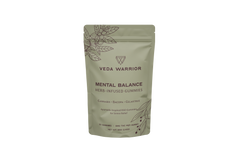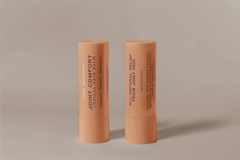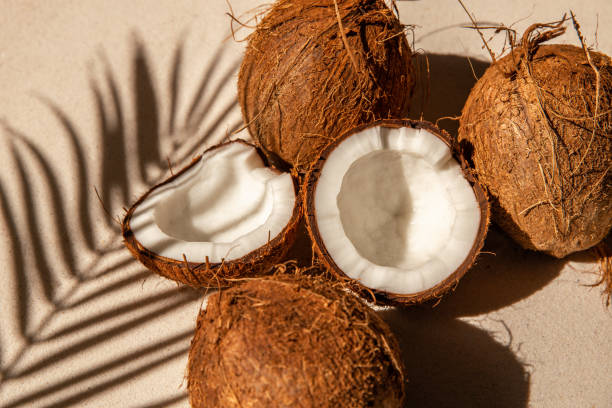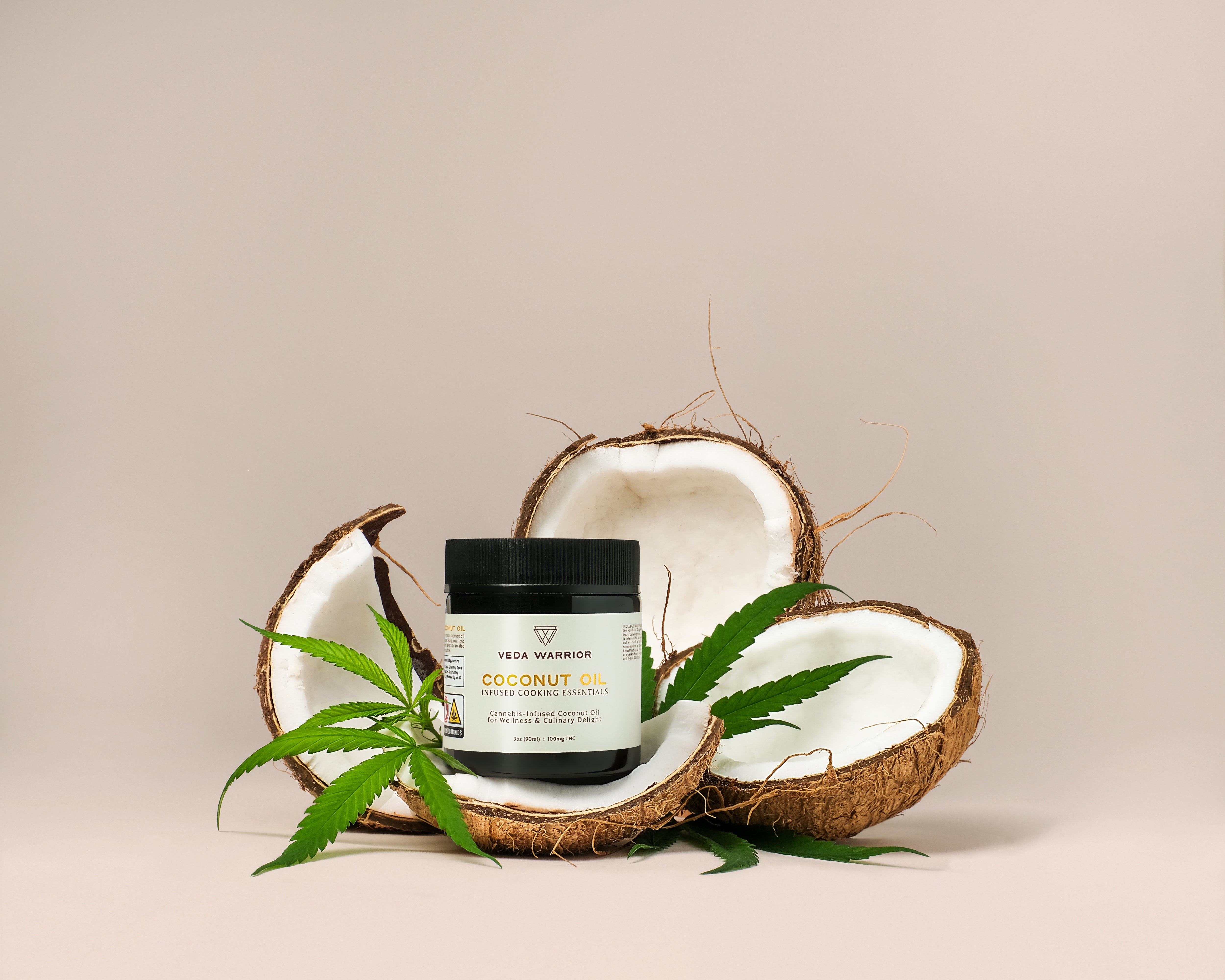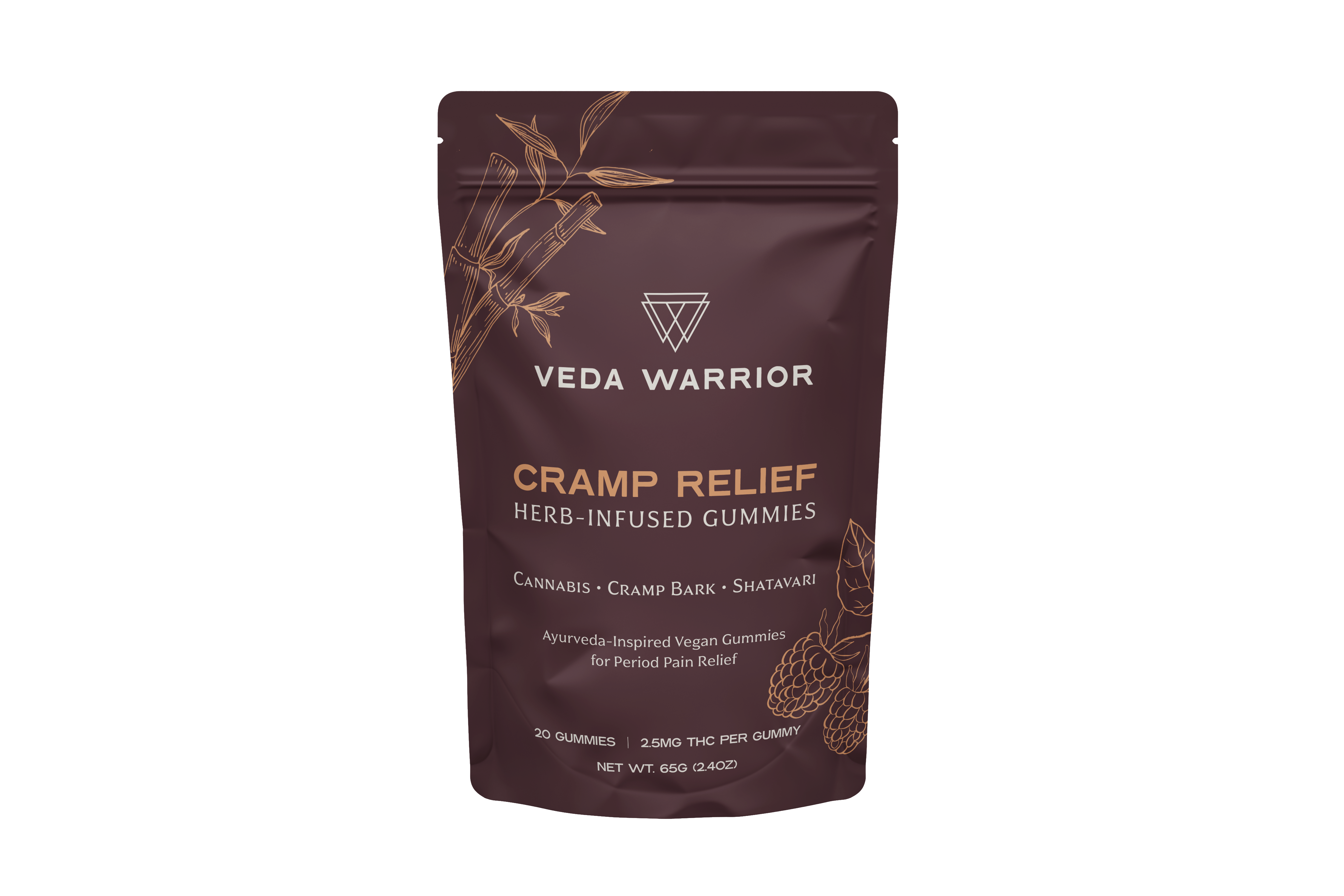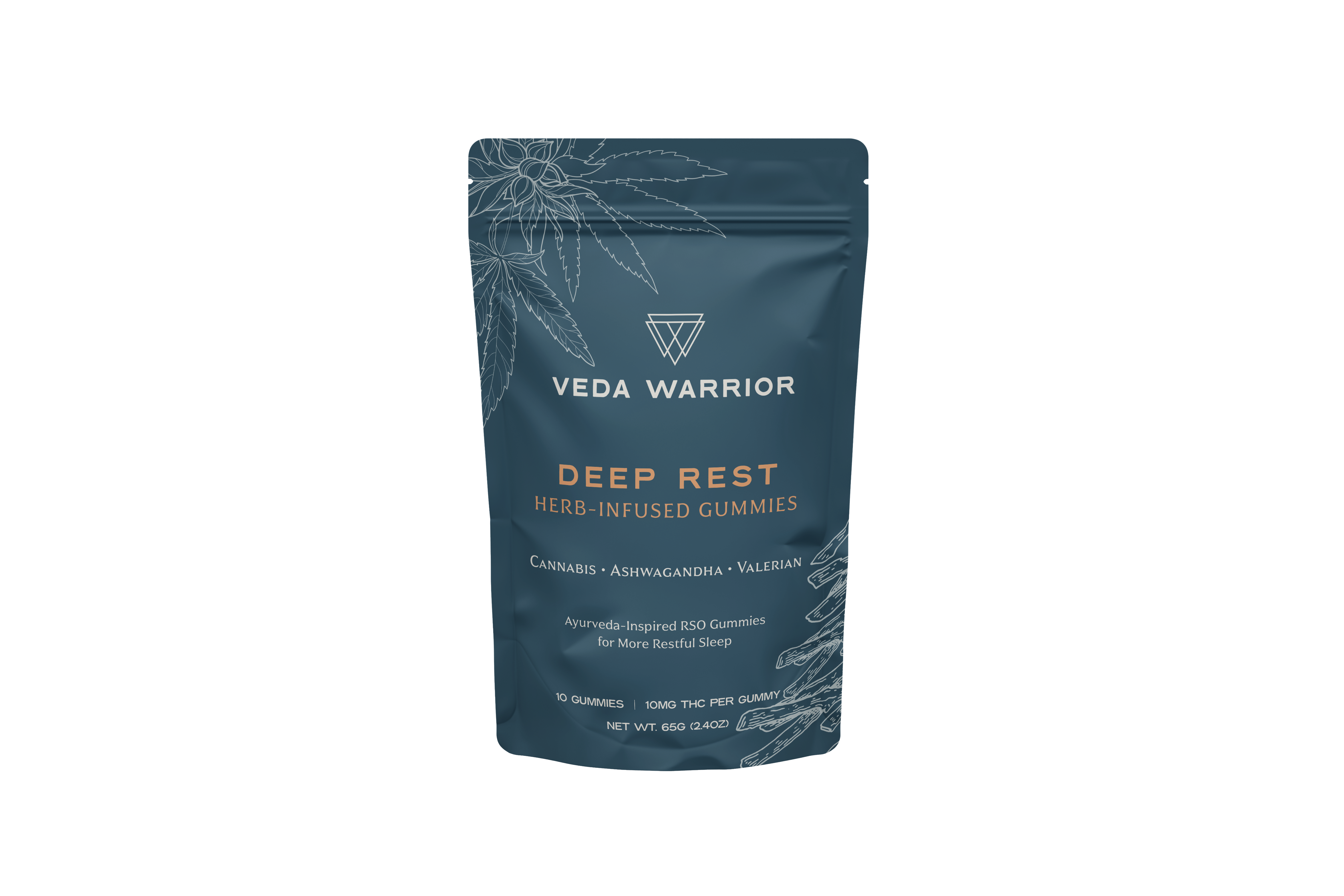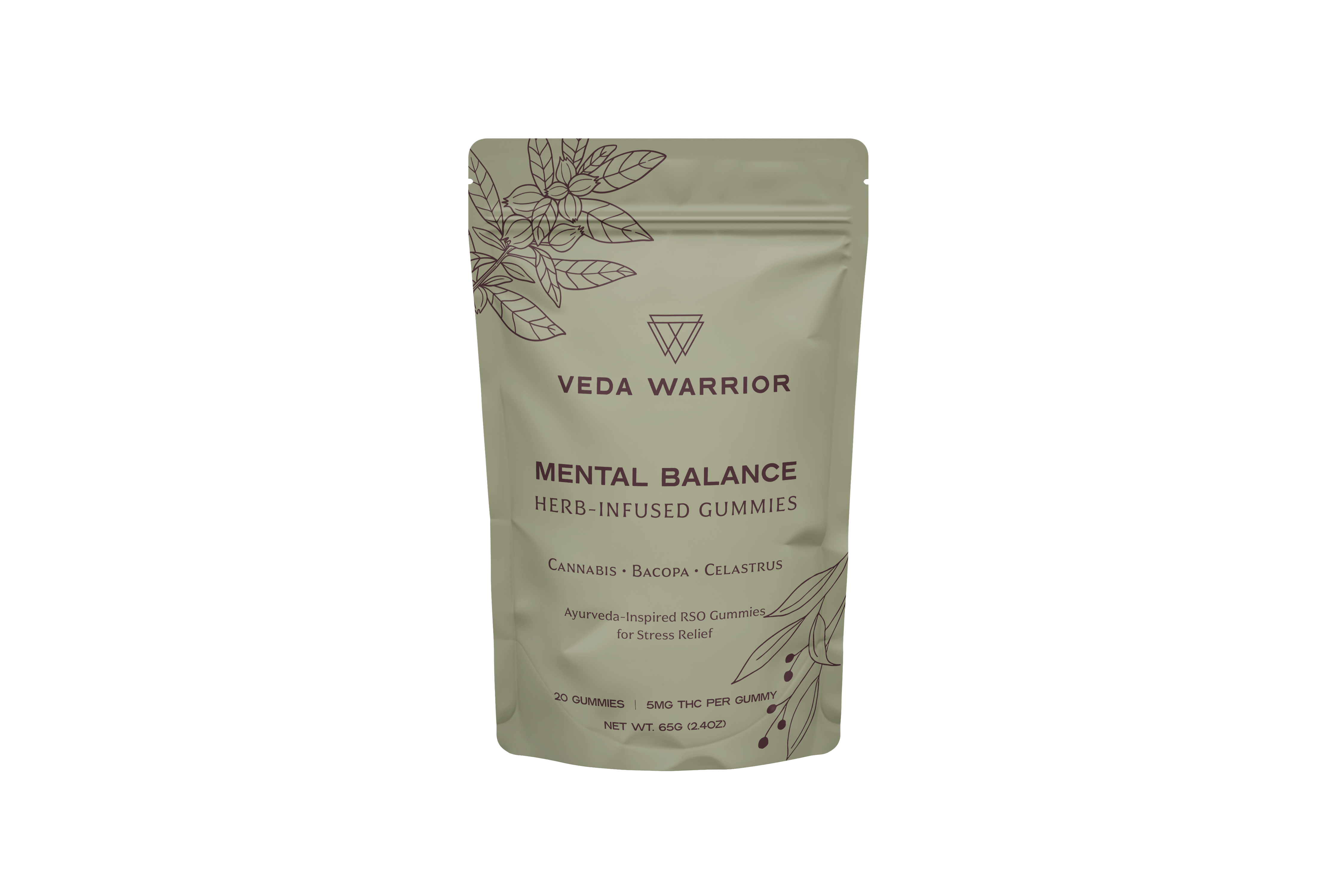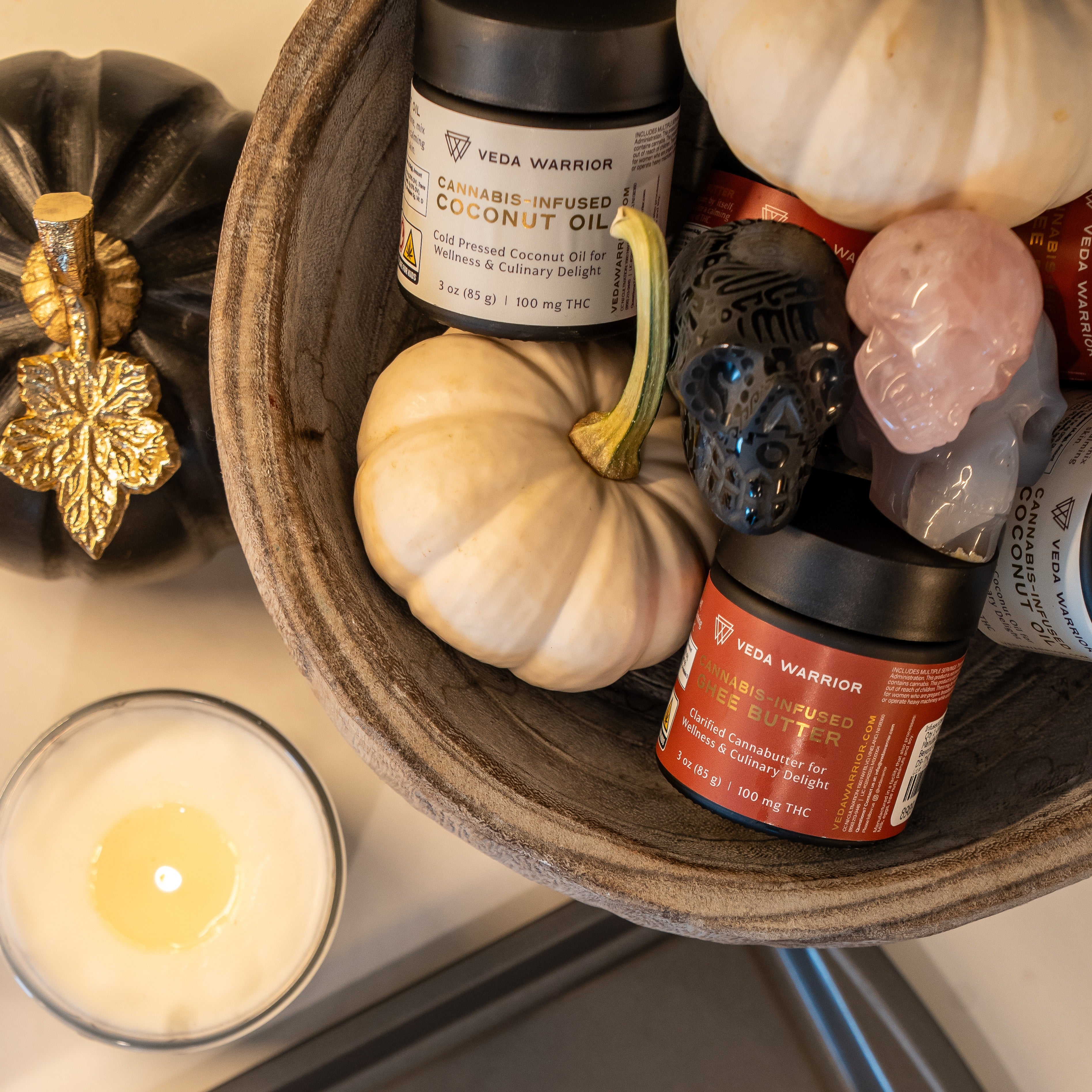Coconut oil: The Vegan Ghee Butter
Imagine a tropical beach lined with tall, swaying coconut palms, each tree holding the power to nourish, heal, and rejuvenate. In Ayurveda, coconut oil, or Narikela Taila, is seen as one of nature’s purest gifts—celebrated for its remarkable ability to balance mind and body.
So, what’s the big deal with coconut oil in Ayurveda? Here’s a fresh look at what makes this versatile, aromatic oil so revered, and how it can add a touch of natural wellness to your daily routine.
more about coconut oil
Coconut Oil: A Cool, Calming Elixir
Ayurvedic tradition considers coconut oil a cooling oil, making it perfect for bringing peace and calm to both body and mind. If you’ve ever felt overheated, stressed, or generally in need of a reset, coconut oil is your go-to. It’s especially beloved for balancing Pitta dosha, the Ayurvedic “fire” energy responsible for heat and intensity, which means it can bring a sense of calm and soothing coolness to those who need it.
The Many Faces of Coconut Oil
Coconut oil is like the Swiss Army knife of Ayurveda: it’s versatile, powerful, and can be used in so many ways that you’ll wonder how you ever got by without it. Here are some of its superpowers that make it shine:
Moisture Magic
Think of coconut oil as nature’s best moisturizer. Ayurveda recommends using it in abhyanga, a daily self-massage ritual, to hydrate and nourish the skin. Warmed coconut oil glides easily on the skin, leaving it soft, supple, and beautifully glowing. Plus, the coolness helps ease any inflammation or redness, making it a savior for dry and sensitive skin types.
Hair Hero
Coconut oil is famous for its ability to deeply nourish hair. If your scalp feels dry or your hair is lacking luster, try massaging a little warm coconut oil onto your scalp before bed. This age-old Ayurvedic trick strengthens hair roots, softens strands, and even has a cooling effect to help calm an overactive mind—ideal for unwinding after a long day. Bonus: It smells fantastic and leaves your hair feeling like it’s just had a tropical vacation.
Coconut Oil as a Natural Mouth Cleanser
Ever heard of oil pulling? In Ayurveda, swishing coconut oil in your mouth for a few minutes every morning can help keep gums healthy and teeth bright. Called gandusha in Sanskrit, this simple practice is thought to draw out toxins and create a fresher mouth feel. It’s like a mini spa treatment for your teeth!
Soothing Skin Care
Coconut oil is also a gentle remedy for minor skin irritations. Got a sunburn? A little coconut oil can soothe that redness and speed up the healing process. Dry, cracked skin? Rub on a small amount, and let its natural moisture work wonders. You can even dab it on small scrapes or insect bites—it’s like a first-aid kit in a bottle.
a historic perspective
The ancient history of coconut oil.
Coconut oil, with its rich history and versatile applications, has been a vital component of tropical life for thousands of years. This natural product, extracted from the kernel or meat of mature coconuts harvested from the coconut palm, has been revered not only for its nutritional value but also for its medicinal and cosmetic properties.
The use of coconut oil dates back to ancient times, with early references found in Sanskrit documentation, highlighting its use in Ayurvedic medicine over 2,000 years ago. In these texts, coconut oil was celebrated for its cooling properties and its ability to strengthen the body, enhance the skin, and nourish the hair. Ancient communities across the tropical belt, including those in present-day India, Sri Lanka, and the Philippines, understood the extensive benefits of coconut oil.
In traditional extraction methods, coconut meat was grated and manually pressed to obtain the oil—a labor-intensive process yielding a highly valuable product. The oil was used in various traditional practices, from cooking and lighting to skin care and hair treatment, embedding itself deeply in the cultural fabric of these societies.
As trade routes expanded, coconut oil began to make its way around the world. By the medieval period, Arab traders introduced it to the Middle East and North Africa, while European explorers in the 15th and 16th centuries brought it back to their homelands, marveling at its resistance to rancidity and its diverse uses.
The industrial revolution brought mechanization to coconut oil production. Expellers and hydraulic presses increased oil yield and efficiency, making large-scale production viable. This was further revolutionized by the development of the copra process, where coconut meat is dried before being pressed, greatly simplifying transportation and storage of the raw material and boosting global trade.
Today, coconut oil is produced on a massive scale in countries like the Philippines, Indonesia, and India, continuing its legacy as a global commodity. Modern uses extend beyond culinary and medicinal applications to include roles in manufacturing, beauty products, and health supplements, proving that this ancient oil still holds a significant place in contemporary life.
cooking 101
Coconut Oil in the Kitchen.
Coconut oil isn’t just a beauty staple; it’s a culinary gem in Ayurveda too. Known for its quick-digesting properties, coconut oil adds a rich, tropical flavor to your dishes. It has a high smoke point, making it ideal for sautéing, frying, and baking. But what truly sets it apart is its ability to solidify at room temperature, making it the perfect vegan alternative to ghee.
Much like ghee butter, coconut oil can be used in a variety of ways—from spreading it on toast to melting it into stews, curries, or over warm grains. This solidifying property, combined with its smooth texture and subtle flavor, gives dishes a nourishing, creamy richness, similar to ghee, while fitting seamlessly into a plant-based Ayurvedic diet. That’s why coconut oil is often referred to as the "vegan ghee" in Ayurvedic kitchens—bringing the same benefits in a plant-based form.

want to learn more?
Chat with Drona, our AI wellness concierge.
Meet Drona, our GPT-powered wellness concierge. Trained in Ayurveda, ancient philosophy and modern clinical research, Drona is here to kickstart your journey into Ayurveda as your free digital guide.

Browse our cooking essentials.
Experience the power of our Ayurveda-inspired wellness products oursleves.
support science
Make history by supporting our pioneering research.
Apply for our Research Program and get free products and 1:1 care. All you have to do is adhere to the protocol and share your results.


